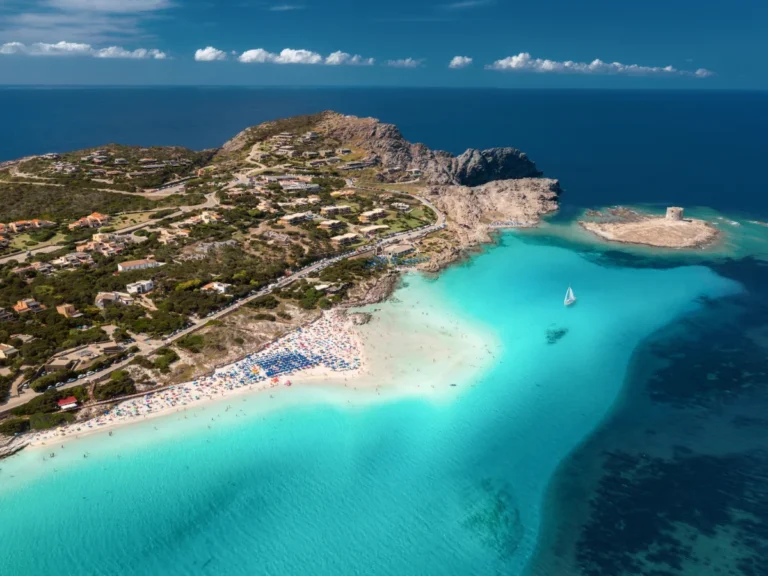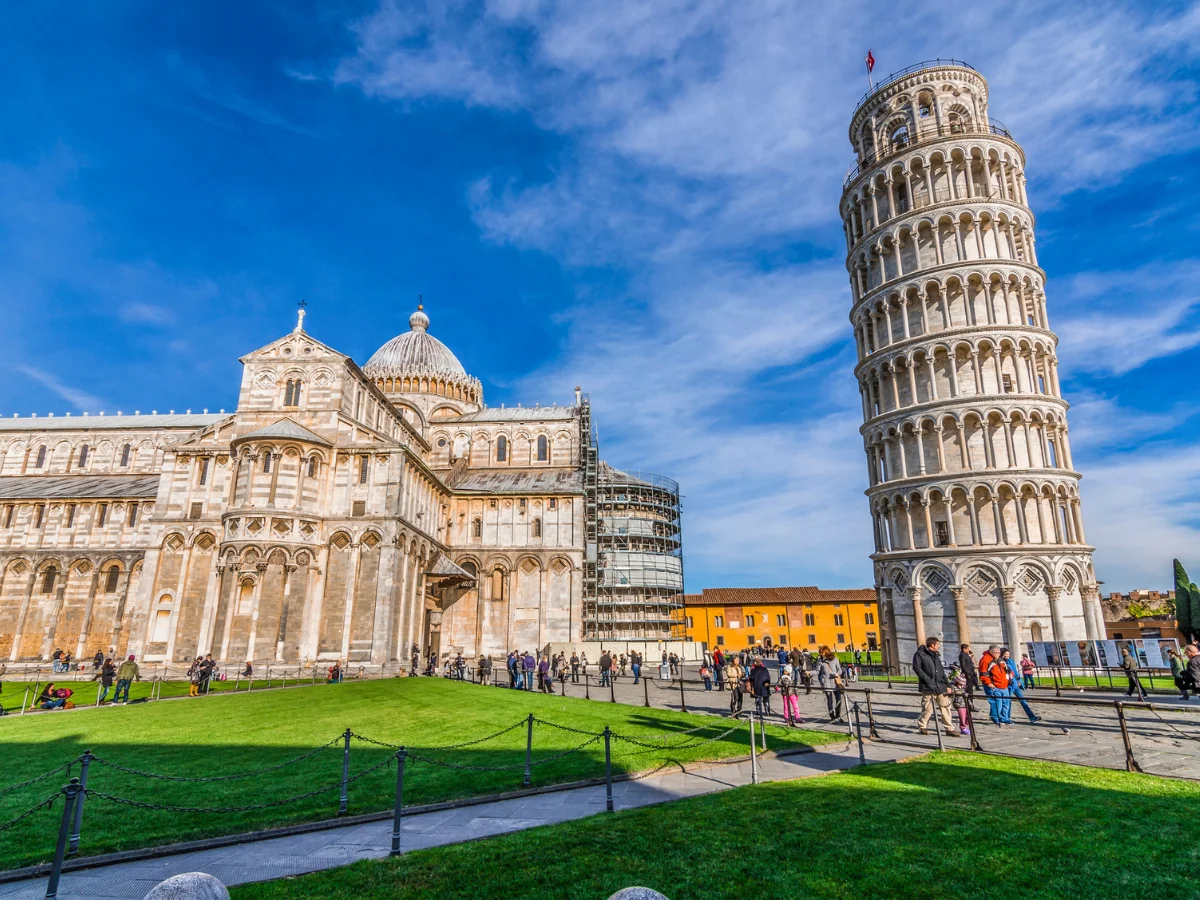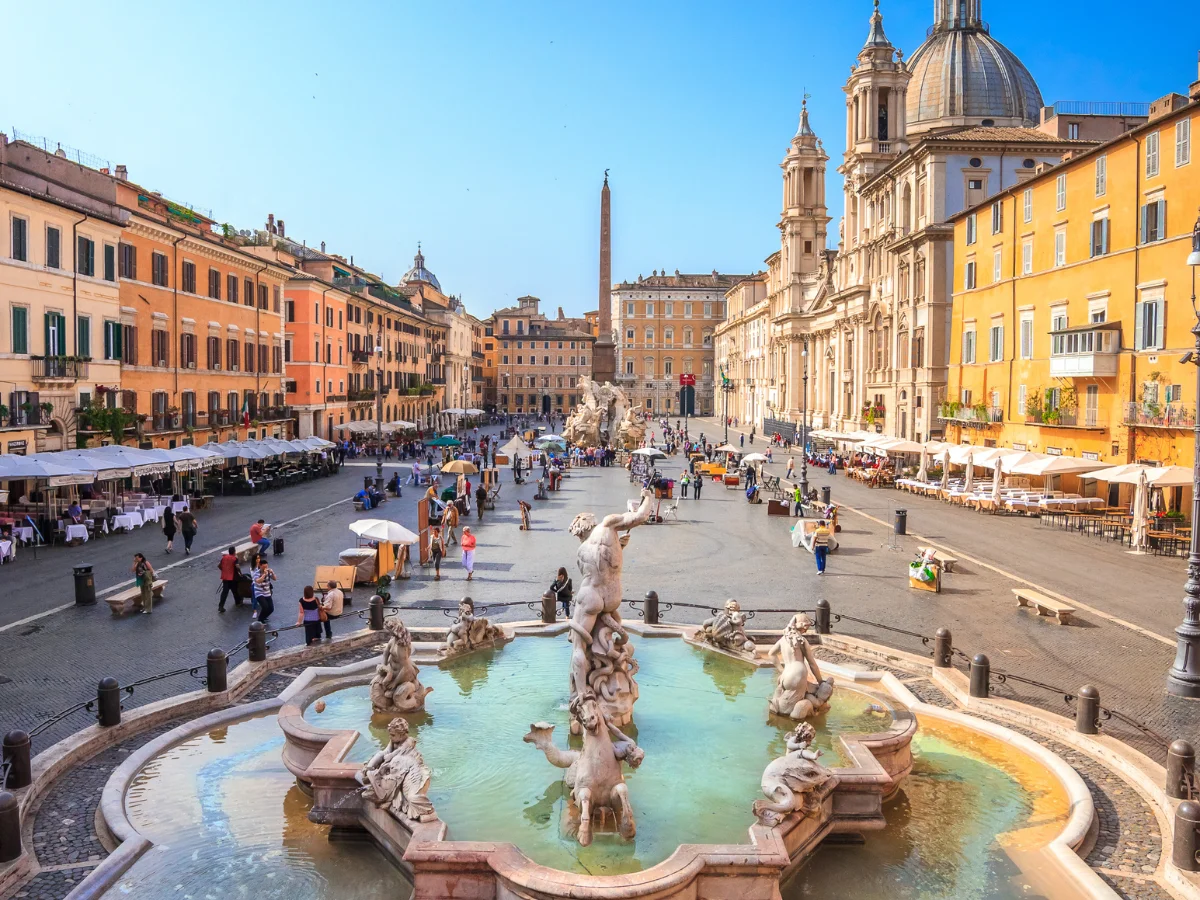Romulus was the legendary founder of Rome
Romulus was the legendary founder of Rome who established boundaries and institutions, guiding its early growth. Engaging in conflicts, he expanded Rome’s territory, laying the foundation for its future greatness. After Romulus’s reign, subsequent kings like Numa Pompilius and Tullus Hostilius continued to develop Rome, each leaving their mark. Despite the mythical nature of his story, Romulus’s legacy endures, influencing Rome’s culture and identity. As Rome transitioned from monarchy to republic, the foundational principles established by Romulus remained.

Romulus was the legendary founder of Rome
Romulus stands as a mythical figure at the genesis of Rome, a legendary founder whose tale intertwines myth and history. Born into uncertainty and raised by fate, Romulus’s journey symbolizes the birth of one of the greatest civilizations in history.
The Origins of Romulus
Legend speaks of Romulus and his twin brother Remus, born to Rhea Silvia, daughter of Numitor, the rightful king of Alba Longa. Their father was said to be Mars, the god of war, adding divine significance to their lineage.
The Abandonment and Survival
Thrust into peril at birth, the infants were abandoned on the Tiber River’s banks, left to the mercy of the elements. Yet, fate intervened as a she-wolf discovered and nursed them, ensuring their survival.
The Founding of Rome
As they grew, destiny beckoned, compelling Romulus and Remus to establish a city on the very spot they were saved. However, strife arose between the brothers over the city’s location, leading to a fatal conflict.
The Tragic Fratricide
In a moment of passion and disagreement, Romulus slew his own brother, establishing his dominance and asserting his vision for the new city. This act, though tragic, marked the definitive step toward Rome’s foundation.
The City on Seven Hills
With Rome’s founding secured, Romulus laid the groundwork for its expansion and prosperity. He established the city’s boundaries, famously marked by the pomerium, and divided its territory among its earliest inhabitants.
The Senate and Institutions
To govern this burgeoning community, Romulus instituted the Senate, comprised of the city’s elders, tasked with advising and assisting in matters of governance. Through these institutions, Rome began to take shape as a structured society.
The Sabine Women
Facing a shortage of women within the fledgling city, Romulus devised a cunning plan during the festival of Neptune Equester to abduct the Sabine women, sparking a conflict with their male relatives.
The Integration of the Sabines
Despite the initial conflict, Romulus ultimately brokered peace with the Sabines, integrating them into Roman society through diplomacy and marriage. This union not only provided Rome with much-needed population but also strengthened its ties with neighboring communities.
The Ascent to Divinity
As Rome flourished under his leadership, Romulus’s legend only grew. It is said that upon his death, he ascended to the heavens, becoming the god Quirinus, a testament to his enduring legacy and the divine origins of Rome.
Legacy of Romulus
Romulus’s legacy reverberates through the annals of history, shaping the identity and destiny of Rome for centuries to come. His mythical beginnings and visionary leadership laid the foundation for one of the greatest empires in human history.
Conclusion
Romulus, the legendary founder of Rome, embodies the intertwining of myth and history, his story a testament to the enduring power of destiny and the indomitable spirit of human ambition. From humble beginnings to divine ascension, his legacy continues to inspire and captivate generations, forever etched into the fabric of Roman identity.



